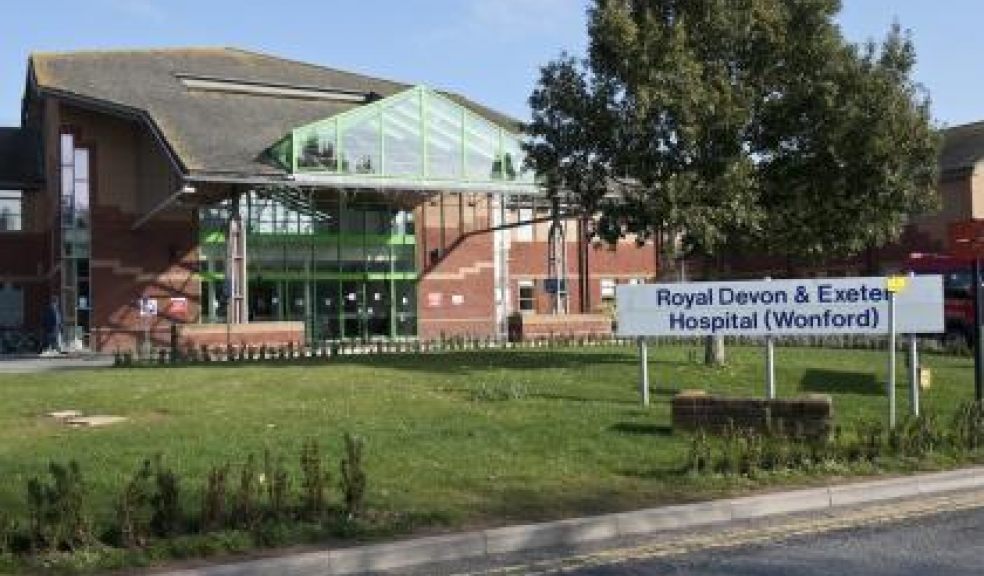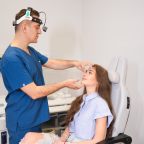
Find out about transportable dialysis treatment
Kidney specialists at the RD&E are putting on a series of public information events about a transportable dialysis treatment that could give renal patients a new lease of life.
The events will demonstrate how a transportable haemodialysis machine can be easily installed at home or even taken on holiday or in a camper van-style vehicle – freeing-up dialysis patients from the burden of frequent and time-consuming hospital visits and allowing them to win back more control over their lives following the trauma of kidney failure.
Three events are being held this month in Exeter and Torbay for both kidney patients and clinicians to come along and meet the RD&E’s home haemodialysis team and current patients, including one dialysing themselves in a camper-style van with the transportable dialysis machine.
Unless these patients have had a successful kidney transplant, most patients with kidney failure require dialysis for the rest of their lives. Traditionally this is done in a hospital and involves three visits a week, usually lasting between four and five hours (not including travel time to and from the hospital). Such a regime can restrict a patient’s family, social life and professional life and also leads to higher costs for the NHS overall.
Home-based haemodialysis allows patients to dialyse more frequently but over shorter periods of time. Evidence suggests this can lead not only to to a range of clinical and well-being benefits but also greater quality of life because patients don’t have to spend so much time and effort coming into hospital.
At present the RD&E has only a small number of patients using the home haemodialysis machine and it now wants to increase this number to help transform the lives of more kidney patients in Devon. The patient is trained to competently carry out their own treatment at home, giving them more power and control. Close consultant and nurse telephone support, as well as technical support for any equipment issues remains in place throughout.
Patients and staff wanting to find out more can come to one of three events (refreshments provided):
- Tuesday 19th July, 11am-3pm, Renal Haemodialysis Unit, RD&E Wonford, Barrack Road, Exeter EX2 5DW
- Wednesday 20th July, 11am-3pm, Renal unit, RD&E Heavitree, Gladstone Road, Exeter EX1 2ED
- Thursday 21st July, 11am-3pm, South Devon Satellite Kidney Unit, Edginswell Business Park, Oak View Close, Torbay TQ2 4FE
David Dobbs, RD&E Home Haemodialysis Nurse, said: “Our home haemodialysis machines offer real potential to improve the lives of our kidney patients and they are provided to patients free of charge on the NHS; all patients need to pay for is basic plumbing for installation.
“Home haemodialysis requires motivation and commitment from patients and their carers and it may not be suitable for all. However, there is overwhelming evidence to suggest that more frequent dialysis has significant clinical benefits.
“Perhaps the most exciting benefit is the potential improvement in quality of life. Kidney patients who are on long-term haemodialysis face a huge burden, with many long hospital visits, and all the logistical and emotional stress these can create despite our efforts to make them comfortable, but dialysis in a home, even holiday location offer more positive alternatives and the chance to regain some control over their illness.”
Kate Cresswell, Patient Support and Advocacy Officer for the British Kidney Patient Association, said: “We are excited to hear of these events demonstrating home haemodialysis ‘on the go’. Home haemodialysis offers patients so much – more frequent dialysis produces better results, fewer ‘hangover’ effects, freedom and flexibility to dialyse around their lives, rather than live around dialysis, and so much more. We will be at the events on all three days to lend support, encouragement and advice, particularly on state benefits.”




















